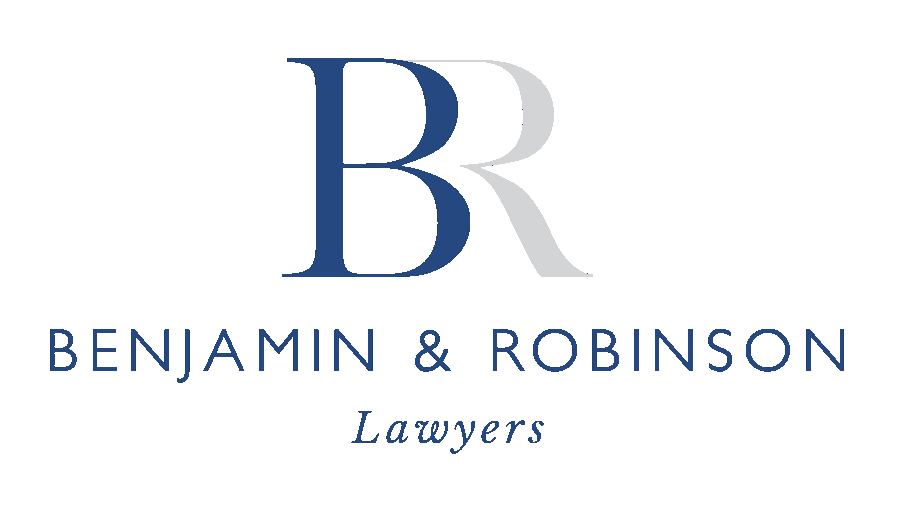The purchase or sale of commercial property is a significant legal transaction. For property law transactions to go smoothly and meet all legal requirements, it is critical to seek the right advice. A commercial property expert will help with every aspect of your transaction, including negotiating, structuring, settling and beyond.
Commercial property law – conveyancing explained
Conveyancing is the branch of law concerned with the preparation of documents for the transferring of property from seller to buyer. While there are many similarities between residential and commercial conveyancing, there are also important differences.
Which State is the commercial property located?
Most states have specific laws which deal with commercial property. These are separate and distinct from residential property laws. For instance, commercial property often has different insurance rules than residential property. Also, commercial property may be associated with different allowable conduct than residential property.
Conveyancing of commercial property is a lengthy process
Commercial property is generally a lengthier process than residential property. It includes an investigation of permitted uses of the land, zoning, the details of commercial leases, land tax implications and more.
Due diligence of commercial property
The most time-consuming part of the conveyancing process for commercial property is due diligence. This is an investigation, audit or review performed to confirm whether there are any claims on the property, titles, encumbrances, environmental notices or other issues which might impair the seller’s ability to transfer title to a willing buyer. It can cover various types of due diligence such as financial, legal or regulatory operational to name a few. A Land Tax search is mandatory to ensure there is no outstanding land tax owing on the property or to determine what amount, if any, can be adjusted on settlement. Failure to obtain a land tax clearance certificate can result in outstanding land taxes being transferred to you as the new owner.
What if the commercial property has a tenant?
Where the commercial property has a tenant in place, it is important to have a solicitor look over the existing lease before you agree to buy the property. Options, rent increases, and which party is responsible for the property’s ongoing expenses are all matters addressed in commercial leases which a prospective buyer should be aware of. This process should also include a background check on the tenant’s financial situation. Should a tenant declare bankruptcy and the property is suddenly without a tenant, the property’s value will be negatively impacted.
What if the commercial property doesn’t have a tenant?
If the property doesn’t have a tenant, the conveyancing process must ensure any new proposed use of the property is compliant with permitted use and other zoning regulations. Your solicitor must create the contract of sale based on mutual consideration for the purchase.
Do you need to pay GST on commercial property?
In most cases, yes. Whether buying, selling or leasing, you will be classified as an enterprise and according to the Australian Tax Office, once an investor or developer’s turnover is at or above $75,000, they are liable to pay GST. Whether you are buying an office building, medical centre, hotel or retail store – even if it is a one-off transaction – GST is usually included in the final price. The extra 10 per cent can potentially be claimed back later as an input tax credit if you’re an investor. The rules around GST can be complex, particularly when it involves GST credits and refunds. In some cases, you may not have to pay GST. It is important to familiarise yourself with the rules and seek professional advice before purchasing or selling a property.
Overwhelmed by commercial property law? Benjamin & Robinson Lawyers can help
For commercial property law transactions that go smoothly and work in every way – including cost effectiveness – see the experienced team at Benjamin & Robinson Lawyers. Our skilled professionals have built a proud reputation in all aspects of property law.
Our specialties include:
- Conveyancing
- Leases
- Mortgages
- Re-financing
- Sale and purchase of businesses
- Business and commercial transactions
We have offices in South Hurstville and St George. Our fees are reasonable and competitive. For enquiries, get in touch with us today on 02 9547 1733. You can also email us or request a consultation.
